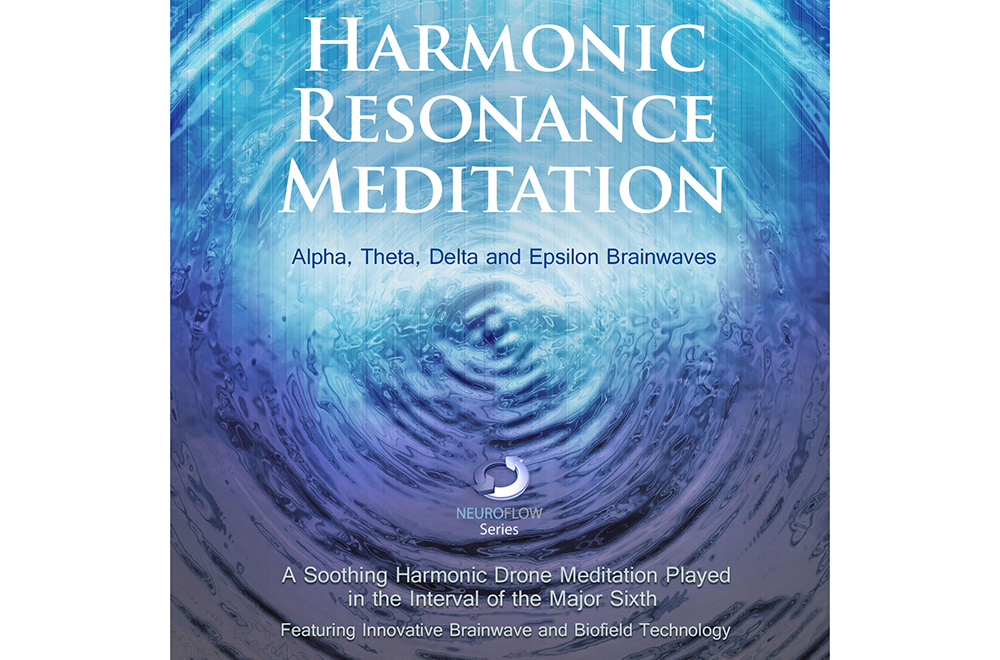“The key area in brain injury rehabilitation is awareness and if the patient does not have good awareness of how they have changed they will not apply any strategies to compensate,” according to UK brain rehabilitation expert, Kit Malia.
Malia, who with UK occupational therapist Anne Brannagan, will co-deliver the keynote at the National Brain Injury Conference in Brisbane in November, said the key to developing this strategy is education. “But it is also essential that therapists establish an excellent rapport with patients and it is this aspect that our conference presentation will focus on,” he told F2L, prior to his visit to Australia.
Malia said the conference was an opportunity for those interested in issues related to cognitive rehabilitation following brain injury. “We are speaking mainly about the relationship between the patient and the therapist, an area not commonly written or spoken about, but one which is central to the rehabilitation process.”
The big breakthroughs in improving the cognitive problems of people with brain injury has changed too. “When we started in the field over 30 years ago, it was considered that from about the age of 18 years brains began to lose neurons and so attempts to improve brain function needed to focus on education and strategies. However, the development and implementation of functional MRI, that detects changes in cerebral blood flow, has allowed neuroscientists to see that this was not true. It has given hope to many and it may be possible to not only compensate for cognitive difficulties, but overcome them by working to lay down new neural pathways. Whilst this may not work for everyone, it may work for some and is a message of hope.”
Further developments in live scanning techniques, which have become widely available to therapists, are also opening up a new field of brain biofeedback. Patients will be able to see what helps the particular functions in their brain the most, so that this work can become increasingly targeted.
Malia spent three decades at the UK Defence Medical Rehabilitation Centre, now the National Defence Rehabilitation Centre. This new world class facility Malia believes is the only one of its type where some successful rehabilitation techniques on service personnel have transferred to community based rehabilitation.
One example he said is brain entrainment, trialed with mild brain injury patients and then on those with severe brain injury, in pain clinics and through mental health services. This resulted in a 75 per cent success rate, as measured by a reduction in fatigue and better sleep. “We have promoted the use of this approach in multiple areas of rehabilitation and the success rate anecdotally appears to be about the same as ours, by the same self-reported measures. Brain entrainment alters the brain wave pattern and it is possible to push it into the same brain states as people who meditate can achieve through their techniques, without having to pay attention or even be motivated to do so. The brain entrains to sound waves played into the ears via headphones.”
However, given the intensive and unique nature of the centre along with the patient group being treated, many of the approaches whilst being groundbreaking, are not replicated in the community because of time and financial constraints in this sector.
Malia is the author of Brainwave-R, a collection of cognitive strategies and techniques used for brain injury rehabilitation. These modular courses are available from ProEd Australia and have been designed for professionals and carers. “After our presentation people may relook at this and see its true value. It is unique and offers a great way of helping patients develop their cognitive processes that underlie their function in real life,” he said.
The National Brain Injury Conference will be held at the Princess Alexandra Hospital, Brisbane from November 13-14. Two workshops, ‘Cognitive Rehabilitation for Professionals’ and ‘How to do Cognitive Rehabilitation’ for clinicians will be held at the St George Hospital Research and Education Centre, Kogarah, Sydney, from November 5-9.
For more information go to: https://www.braininjuryaustralia.org.au/
For details on Brain Tree Training visit: https://www.braintreetraining.co.uk/entrainment.php

